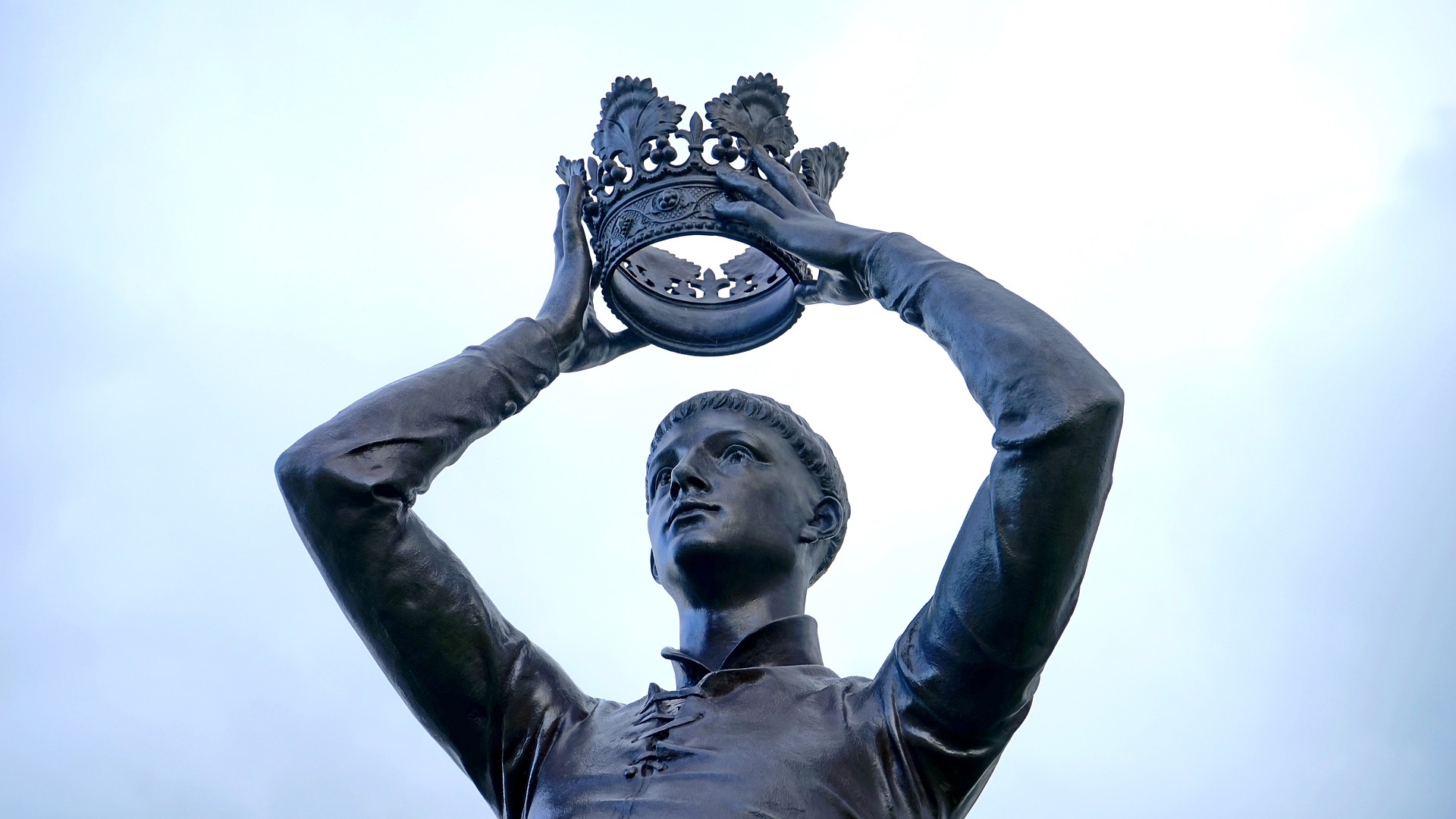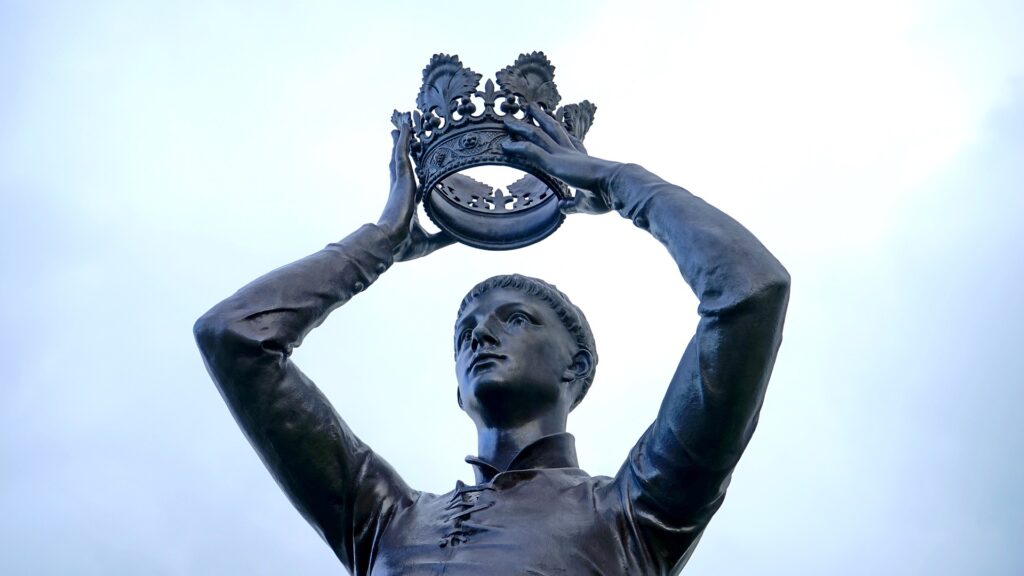Discuss the theme of power and authority in King Lear. How do the characters in the play wield power, and how does their hunger for power drive their actions?

The Theme of Power and Authority in King Lear
In William Shakespeare‘s tragic play “King Lear,” the theme of power and authority is central to the narrative and the actions of the characters. The play explores the dynamics of power and how characters wield and seek power, often driven by their insatiable hunger for authority. Through the depiction of various characters and their struggles for power, Shakespeare presents a complex exploration of the corrupting nature of power, the consequences of its abuse, and the disruption it causes within relationships and society.
At the beginning of the play, King Lear holds the highest position of power and authority. As the ruler, he wields absolute power over his kingdom, and his words and decisions have far-reaching consequences. However, Lear’s hunger for power drives him to make a fatal mistake by dividing his kingdom among his daughters based on their flattery and declarations of love. His desire for power blinds him to the true intentions of his daughters and leads to a chain of catastrophic events that ultimately result in the loss of his authority and sanity.
Lear’s hunger for power is further exemplified in his demand for outward displays of loyalty and obedience. He expects his daughters to validate his authority and satisfy his ego through exaggerated declarations of love. When Cordelia, his youngest and most sincere daughter, refuses to comply with this demand, Lear’s power is threatened. His rage and subsequent banishment of Cordelia showcase the destructive consequences of his hunger for power and his inability to handle any challenge to his authority.
In contrast to Lear’s hunger for power, the character of Edmund demonstrates a relentless pursuit of authority. As an illegitimate son, Edmund is marginalized within society and is driven by a desire to prove himself and attain power. He manipulates his father, Gloucester, and Edgar, his legitimate brother, in his quest for power. Edmund’s hunger for authority drives him to betray his family, incite conflict, and ultimately seize power for himself. His actions highlight the ruthless nature of those consumed by ambition and power-seeking, as he uses cunning and deception to manipulate those around him.
The role of power and authority is also evident in the actions of Lear’s two eldest daughters, Goneril and Regan. Once they receive their portions of the kingdom, they become consumed by their newfound power and authority. They use their positions to assert control over their father and mistreat him, demonstrating the corrupting influence of power. Their actions reveal the darker side of human nature when individuals are given unchecked authority, as they are willing to betray family ties and abuse their power for personal gain.
Moreover, the theme of power is intertwined with the concept of justice in “King Lear.” The character of the Earl of Gloucester, a nobleman loyal to Lear, experiences the consequences of his association with power. His illegitimate son, Edmund, manipulates circumstances to make Gloucester believe that his legitimate son, Edgar, intends to harm him. In his pursuit of power, Edmund betrays his own father, leading to Gloucester’s physical and emotional suffering. This storyline emphasizes the destructive nature of power when wielded without morality and highlights the vulnerability of individuals who are caught in the power struggles of those around them.
Shakespeare also explores the theme of power through the Fool, a seemingly insignificant character who serves as Lear’s companion. The Fool uses satire and wit to challenge Lear’s decisions and actions, providing insightful commentary on the abuse of power. Through his role, the Fool highlights the irony and foolishness of those who believe they hold absolute power, reminding Lear of the consequences of his actions and the illusions of authority.
Throughout the play, Shakespeare depicts power as a double-edged sword. While it can provide individuals with a sense of control and influence, it also corrupts and destroys those who succumb to its allure. The hunger for power blinds characters to the needs and welfare of others, leading to acts of cruelty, betrayal, and manipulation. The pursuit of power becomes a driving force behind the characters’ actions, often resulting in tragic consequences.
In “King Lear,” the portrayal of power and authority serves as a cautionary tale about the dangers of unchecked ambition and the corrupting influence of power. Shakespeare warns against the intoxication of power, emphasizing the importance of humility, empathy, and moral responsibility. The characters’ hunger for power exposes their flaws and leads to their downfall, highlighting the destructive nature of a society driven by greed and the lust for dominance. Through this exploration of power dynamics, Shakespeare prompts audiences to reflect on the complexities of power and the need for ethical leadership in order to prevent the tragic consequences that arise from its abuse.
*****
Read More: Questions and Answers from King Lear by William Shakespeare


